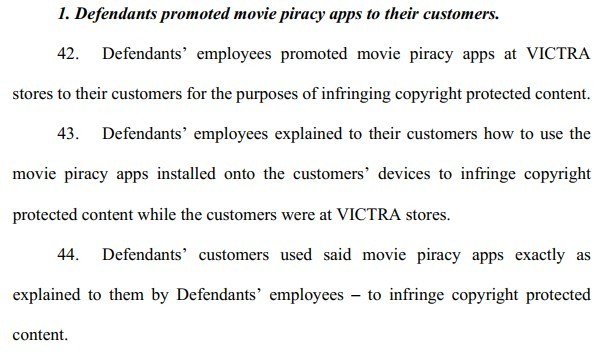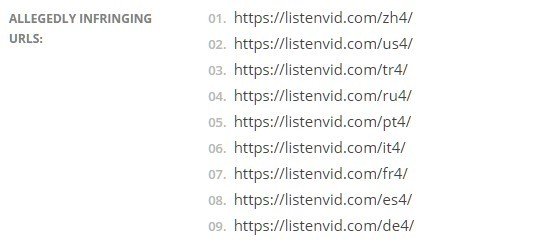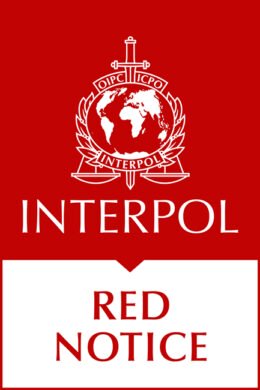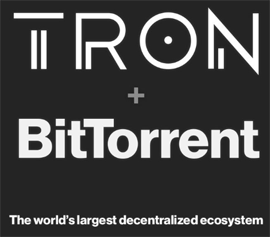
The US Government launched this official review following complaints from the International Intellectual Property Alliance (IIPA).
The coalition of prominent rightsholder groups, including the MPA and RIAA, informed the USTR that they’re not happy with how South Africa addresses copyright issues. Lacking enforcement of online piracy was prominently mentioned, as well as the country’s approach towards fair use.
The fair use angle has triggered a wide range of responses from stakeholders who sent their thoughts to the USTR a few days ago.
South Africa plans to introduce a fair use provision into law that is largely based on the US model. According to the IIPA, this is dangerous, as the country can’t rely on 150 years of existing case law. In addition, the new provisions are even broader than the US variant while they arrive on top of the existing ‘fair dealing’ system, the group warns.
The public submissions show that several rightsholders are siding with IIPA, but there’s also overwhelming pushback from public interest groups, organizations, and legal experts.
Pretty much all critics of the IIPA’s stance explain that South Africa’s fair use proposal is largely the same as the US model. The problems signaled by the IIPA are overblown, they argue, adding that South Africans should enjoy the same freedoms as Americans.
There’s not enough space to highlight all protests, but we will provide a short overview of some of the opposition’s responses.
The Internet Association, which represents many large technology companies including Amazon, Google, Microsoft, and Spotify, strongly urges the USTR to reject the IIPA’s fair use complaints.
“South Africa’s fair use measure is modeled on U.S. law and includes a standard four-factor test that strikes an appropriate balance between the interests of authors, creators, and users,” the Internet Association writes.
“If the U.S. does not stand up for the U.S. copyright framework abroad, then U.S. innovators and exporters will suffer, and other countries will increasingly misuse copyright to limit market entry.”
Wikipedia’s parent company Wikimedia also chimes in. The organization stresses that fair use has allowed US creators and consumers broader access to knowledge. The South African fair use proposal is very similar and by no means a threat, they add.
“While we respect the need to ensure that copyrighted works are properly protected abroad, the reasonable exceptions and limitations included in the draft amendments to South African copyright law are not going to erode that protection any more than the century-long tradition of fair use has in the United States.
“[]It makes little sense to prevent South African citizens from the freedoms that have long been held by citizens in our own country,” Wikimedia notes.
The African Library and Information Associations and Institutions (AfLIA) stresses than many countries have been able to enjoy fair use for decades. Not allowing South Africans the same right is a breach of constitutional rights.
“A developing country like South Africa, that wants to improve its copyright law by modeling it on the US copyright law and other progressive copyright regimes, should be encouraged and affirmed, not punished for doing so,” AfLIA writes, urging the USTR to stop its review.
The International Federation of Library Associations and Institutions (IFLA) agrees with the other opponents. The group compared the US and South African fair use texts and found “no substantive differences.”
Any additional exceptions in the South African proposal follow the model that already exists in US copyright law and can draw on existing jurisprudence, the IFLA adds.
Peter Jaszi, Emeritus Professor of Law at the American University’s Washington College of Law, sees no roadblocks for the fair use proposal either.
“It seems anomalous that the creative industries in a country where fair use is a venerable part of the law would object to another nation’s decision to adopt it as part of an effort to promote domestic innovation,” Jaszi says.
Finally, the South African government is not being swayed by the IIPA’s concerns either. In its submission, it cites other US businesses, including Google, that support its plans. In addition, South Africa stresses that it has a widely-respected tradition of judicial competence and independence when it comes to intellectual property law.
A complete overview of all the responses, including those in favor of the IIPA, is available here. The USTR will take these into account when it makes it final decision on any possible trade sanctions or other recommendations.
Source: TF, for the latest info on copyright, file-sharing, torrent sites and more. We also have VPN reviews, discounts, offers and coupons.




 To protect copyright holders, YouTube uses advanced tools that flag and disable videos which are used without permission.
To protect copyright holders, YouTube uses advanced tools that flag and disable videos which are used without permission.

 Millions of people around the world use pirate apps on their mobile devices to stream TV-shows and movies.
Millions of people around the world use pirate apps on their mobile devices to stream TV-shows and movies.



